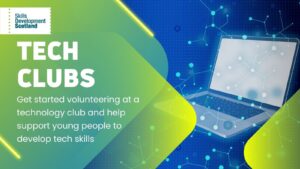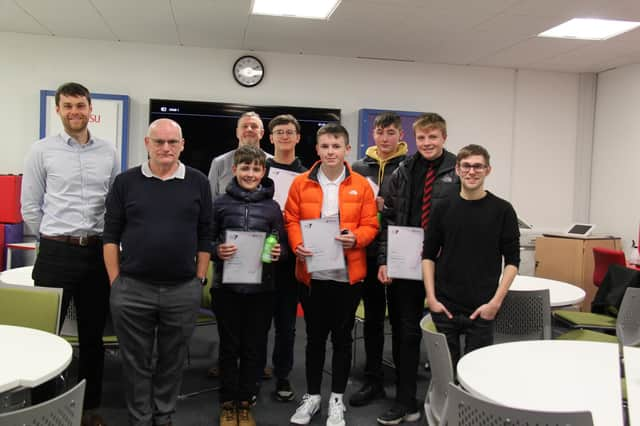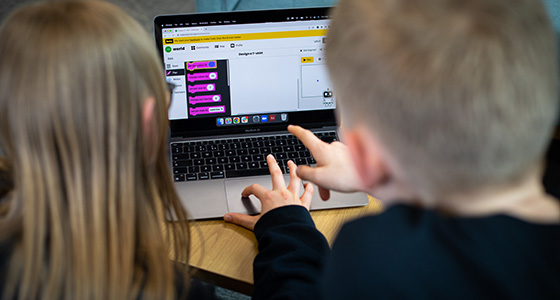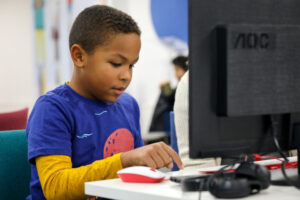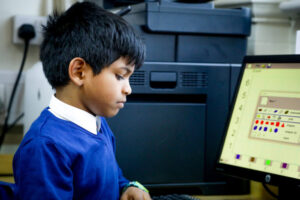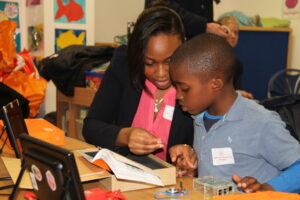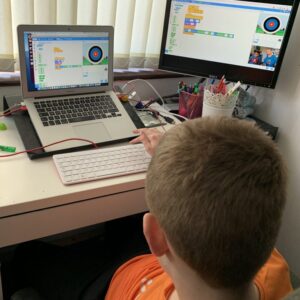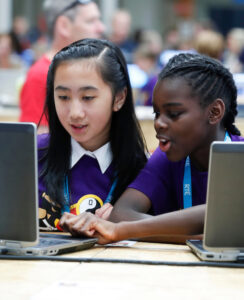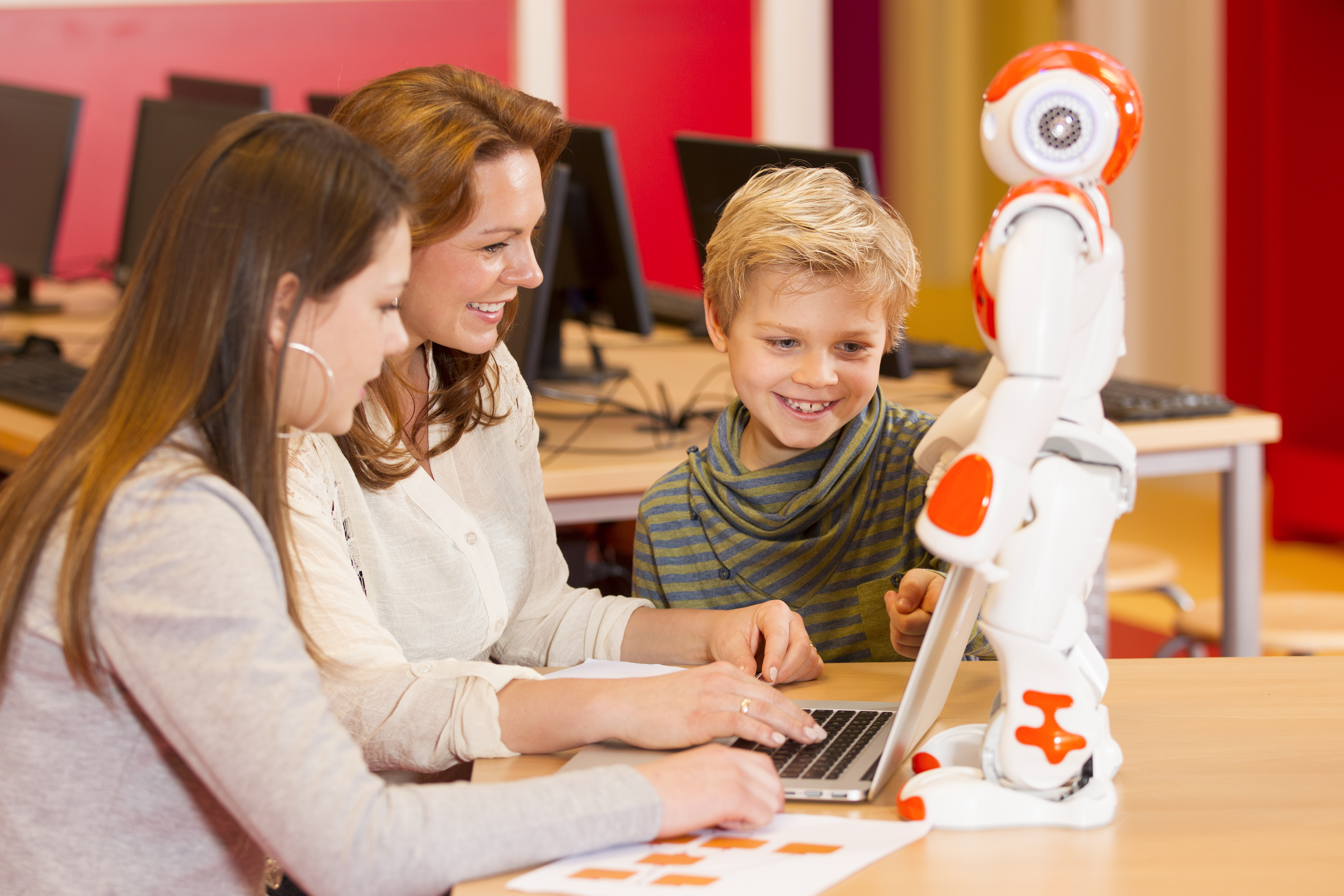Scotland’s Digital Xtra fund has awarded £250,000 to 12 projects that will help to develop computing science related skills in young people across the country.
Awards of between £715 and £48,000 have been made to support a diverse range of activities including a project which uses a wildlife camera to help school pupils learn to code using Raspberry Pi computers, coding taught through local libraries, and a forensic investigation project.
The funded initiatives will reach a combined total of over 10,500 young people across the country, with a particular focus on engaging those from harder to reach groups. The projects will bring new opportunities to rural and disadvantaged areas as well as encouraging more girls to try computing.
Launched in May 2016, Digital Xtra has been administered by Skills Development Scotland and developed in partnership by SDS, ScotlandIS, Highlands and Islands Enterprise, and Education Scotland.
Despite an increasing number of projects being delivered around the country, SDS research found that there is still considerable unmet demand, so the partners plan to make this an annual fund to support even more activity.
Digital Xtra applications were submitted through Public Contracts Scotland and evaluated by an independent panel of ten experts from Scotland’s digital technologies industry, Scottish Government and education.
The fund received 95 applications and the panel prioritised applications that demonstrated long-term sustainability, partnership working and innovation. Awards were made to new projects as well as applications from existing initiatives that clearly demonstrated plans to extend their reach and content.
Claire Gillespie, key sector manager for ICT and Digital Skills at Skills Development Scotland said:
“Our young people are avid consumers of technology but it’s important that we inspire them to take computing science seriously and have the chance to become the next generation of digital makers.
“Hands on extracurricular activities are an excellent way to get young people excited about digital technology and the difference people can make when they have specialist skills. Every single young person in Scotland should have access to activities of this kind and this joined up approach to funding is an important step towards achieving that goal.”
Shirley-Anne Somerville, Minister for Further Education, Higher Education and Science, said:
“The Scottish Government is committed to closing the digital skills gap faced by all sectors across the economy and investing in the digital skills of our young people is crucial to achieving this ambition. It’s important that we encourage our children and young people to develop their digital skills from a young age. Digital Xtra is giving thousands of young people opportunities to strengthen their skills in this area through their engagement in a range of innovative projects.”
Skills Development Scotland will undertake an independent evaluation of all funded initiatives to develop understanding of the projects that made the greatest impact and shape future programmes.
Among the awards is Tweety Pi, a partnership between SCDI and BT that will bring the natural and digital worlds together with wildlife watching cameras powered by Raspberry Pi computers that have been coded by students. It will be open to 900 pupils in Dumfries & Galloway, Moray, and Orkney.
Scottish Libraries and Information Council and Code Club have been awarded funding for a joint project that will train library staff to deliver 12 week coding clubs to 9-11 year olds across 27 of Scotland’s 32 library services. Midlothian Council also received funding to support coding clubs in libraries.
Edinburgh College and Oracle have partnered for CSI Forensic Investigation, a four week project inspired by the popular CSI television series. Participants aged 12-16 will learn a variety of digital skills including video production and coding. In the final week they will be given starter information for a crime and use a variety of digital tools and techniques to build a case against one of the subjects.
Digital Xtra also made an award to Queens Cross Housing Association and Glasgow Kelvin College for a joint initiative to engage young people from North Glasgow with Minecraft and Raspberry Pi coding workshops hosted at the city’s MAKLab innovation facility. A pop up event for 100 young people and their families will complement the workshops.
Angus Young Engineers from Forfar Academy will use its funding to roll out an after school computing club for secondary pupils and pupils from its cluster primary schools in Angus. It will be delivered with involvement from FIRST Lego League, the international competition that challenges school pupils to create scientific solutions to real world problems.
Funding will also allow Apps for Good to extend the reach of its extracurricular work with schools across Scotland. It will train teachers to deliver coding courses and teach pupils to design and develop mobile, web and social apps that solve problems young people care about.
The other successful applicants are: Inverness College UHI; Edinburgh International Science Festival; The Prince’s Trust; Ian Findlay Design and Troqueer Primary School; and Rampaging Chariots Guild.
Digital Xtra is part of a programme of activity dedicated to developing skills and making extracurricular computing activities accessible to all young people aged 16 and under, whatever their background and wherever they live in Scotland.
The Digital Scotland Business Excellence Partnership provided funding for the first year of the Digital Xtra fund and it is anticipated that industry, employers and other funders will contribute in subsequent years, making this a sustainable approach.
